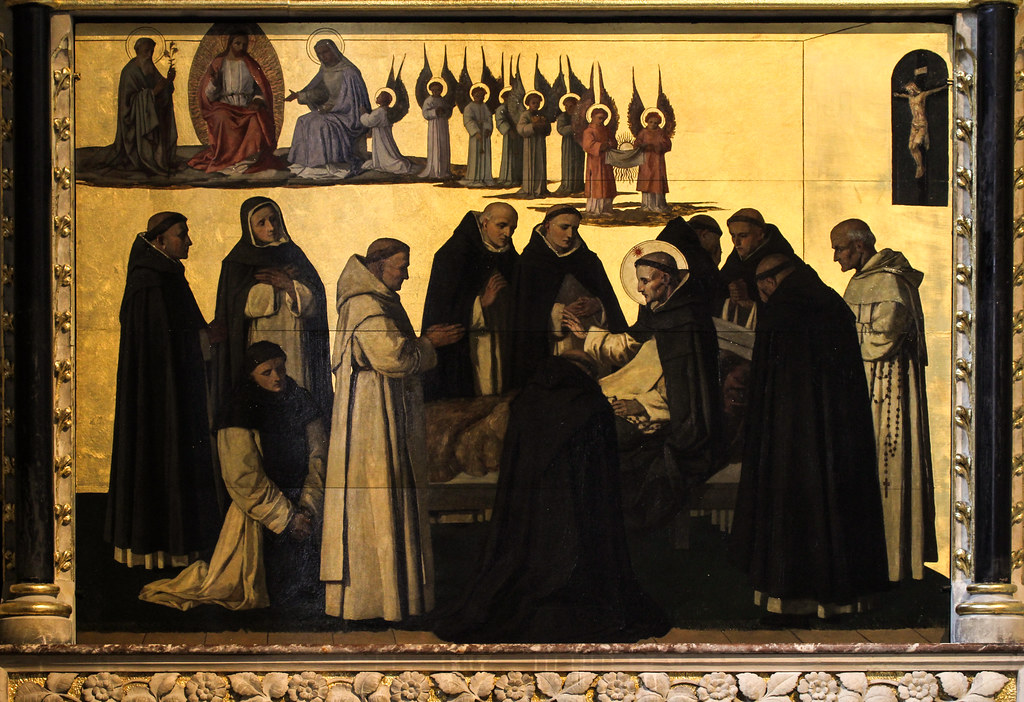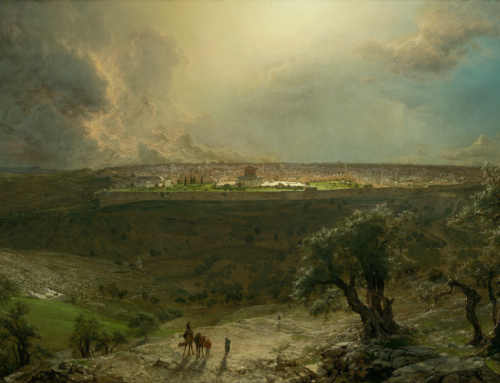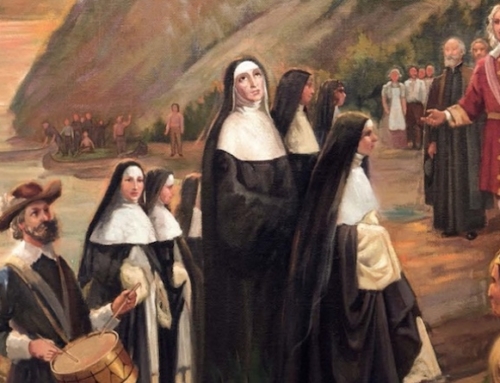The Dominican Order marks today with a very special remembrance. On this day 800 years ago, Saint Dominic de Guzman, who heard the Lord’s call to found the Order of Preachers, passed from this earthly life to his eternal reward. His life was not long by our standards—he was only 51 years old at the time of his death. Moreover, his band of preachers, whom he had sent throughout Europe, had not even been established for five years when he passed away. It would seem that Dominic’s life was cut short, that he should have had many more years to serve and influence the Church. His Order, still getting off the ground, could have benefitted from further counsel and direction from its founder.
While a longer life for St. Dominic would have brought its natural benefits to the life of the Church and the Dominican Order, he knew that his death would lead to greater supernatural benefits for those he left on earth. In the Libellus, which recounts the early history of the Dominican Order, Blessed Jordan of Saxony states that “before his death,” St. Dominic “also assured his brethren that he would be of more benefit to them after death than in life, for he knew the one to whom he had entrusted the treasure of his labors and fruitful life” (Libellus, no. 93). Saint Dominic responded generously to the grace of preaching, but he also knew that he was God’s vessel. It is God who began this good work, and it is God who would bring it to completion. Had St. Dominic approached his mission from a merely human perspective, he would have focused on maximizing his influence over his brothers, clinging to this life to ensure the Order’s survival. But St. Dominic recognized that his mission was God’s work. He stepped back and went to his heavenly homeland. There he could intercede constantly for his brothers and sisters because the growth and success of the Order were in God’s hands.
Saint Dominic’s trust in God’s help amid uncertainty relates to the mystery we celebrate today, the Transfiguration of the Lord. Before Jesus’s Passion, Death, and Resurrection, Peter, James, and John saw our Lord in glorious splendor, catching a glimpse of the glory that would be fulfilled in his future Resurrection. Yet it would also serve as a consolation for them during our Lord’s Passion. Could he who appeared in such radiance be defeated by death? If we behold Jesus’s Passion and death in merely human terms, then he is seen as a failure, as one who fell to his enemies when he had so much potential for doing good. But we know in faith that Jesus’s death does not mean defeat, that his suffering is redemptive. On the third day, he rose in glory, fulfilling God’s promise of salvation foretold in the Law and the Prophets and the mystery of his glorious appearance on Mount Tabor. The Transfiguration reminds us that, despite the suffering and death that may ensue, the glory of the Resurrection awaits us. Saint Dominic was aware of this truth and, at the moment of his death, reassured his Order of his prayerful intercession.
Dominicans continue to remember St. Dominic’s passing in an antiphon, O Spem Miram, which invokes him under the title “O Wondrous Hope.” Saint Dominic’s sons and daughters implore his assistance in this prayer, beseeching him: “Fulfill Father what you have said, and help us by your prayers.” For eight centuries, the Order of Preachers has continued the mission of preaching that was entrusted to its saintly founder. His time on earth with his brothers was short by temporal standards, but his prayerful intercession for his family is timeless. His witness teaches us to put our reliance and trust in God, whose Providence and grace surpass the limits of our plans and imaginations.
✠
Photo by Fr. Lawrence Lew, O.P. (used with permission)







